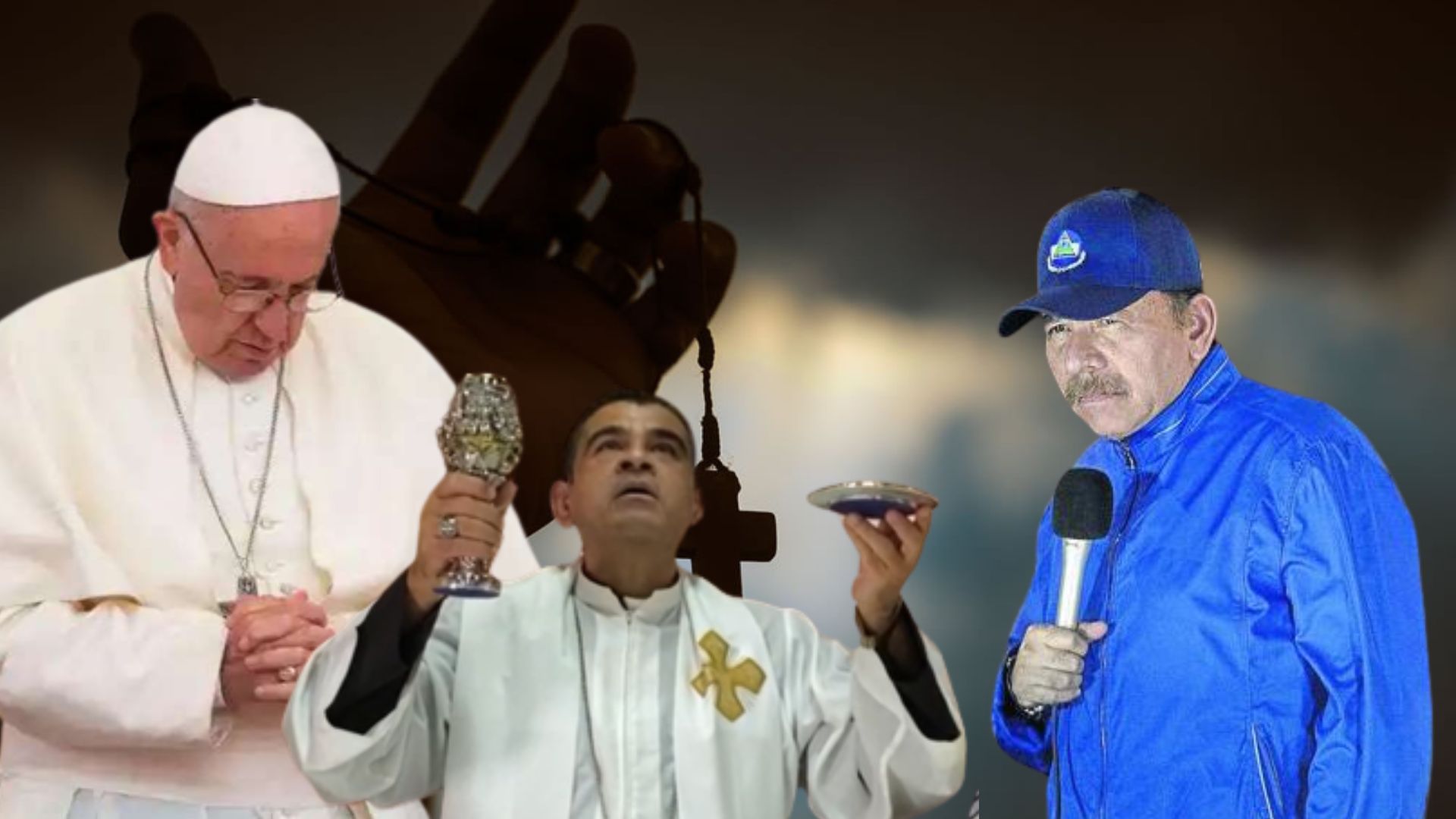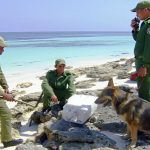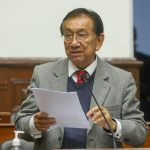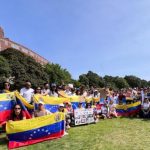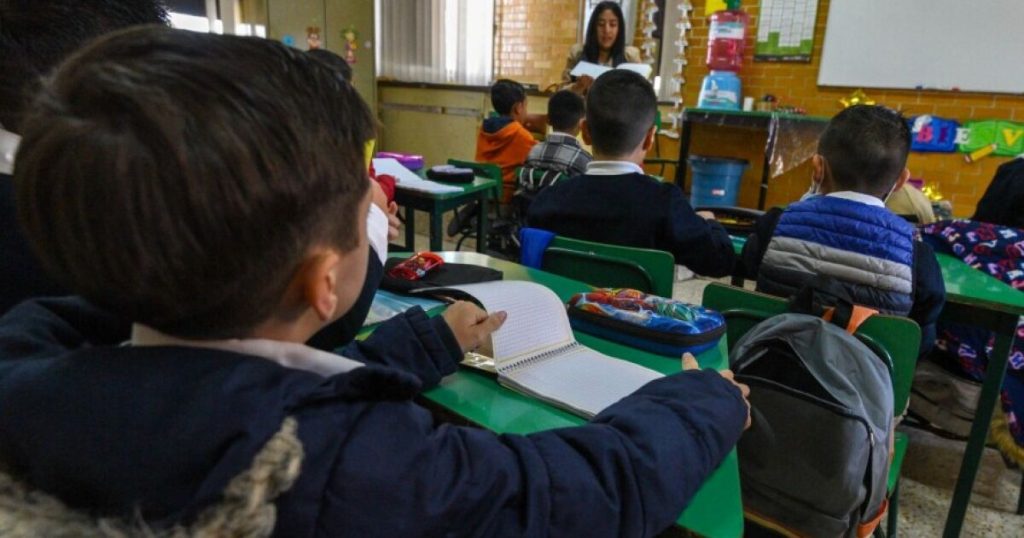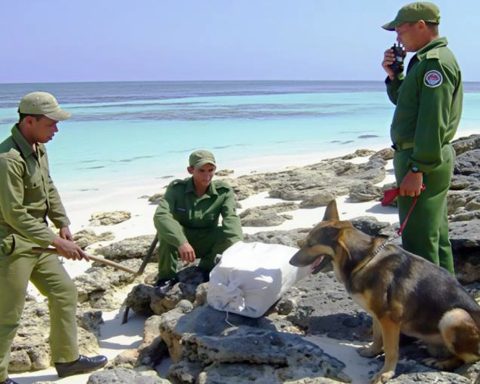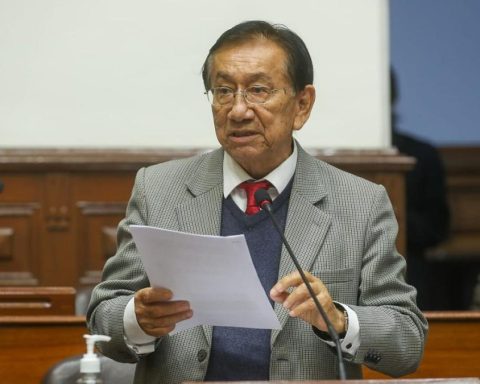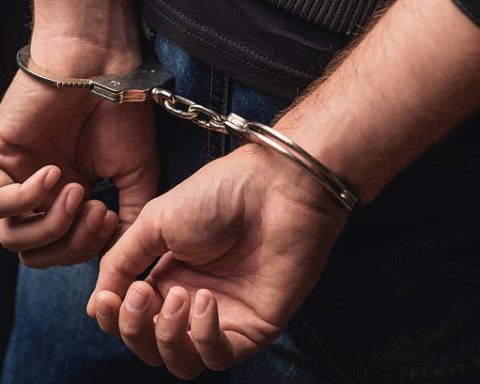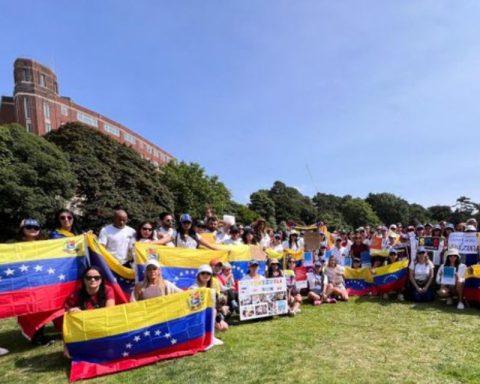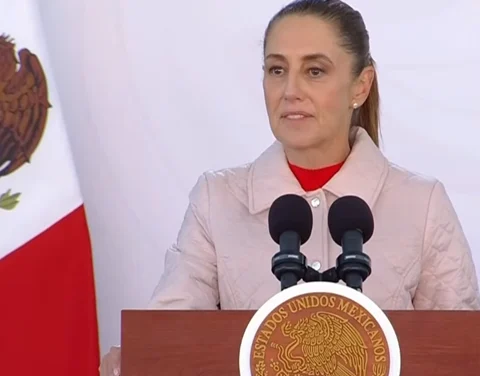Pope Francis has appointed Monsignor Rolando Álvarez, bishop of Matagalpa exiled by the regime of Daniel Ortega and Rosario Murillo, as a member of the Synod of Synodality that will be held in Rome between October 2 and 27 of this year.
The Synod on Synodality is a meeting where the pontiff, together with bishops from episcopal conferences, priests, religious, theologians, lay people and other members appointed by the Holy See, will be able to discern on the progress of evangelization in the contemporary world.
Related news: Monsignor Alvarez will have a “voice and vote” in the Synod by express decision of Pope Francis
The first part of the Synod took place from October 4 to 29, 2023, with the participation of 464 people, including bishops, priests, nuns and lay people. On that occasion, the Nicaraguan Church was represented by the layman Néstor Esaú Velázquez of the Diocese of León.
“In the case of Monsignor Álvarez, he is part of a direct appointment by the Holy Father and is among the synod fathers that he directly chose, and this is very important for the Church of Nicaragua, so he could contribute by having a voice and a vote,” said Venezuelan journalist Rixio Portillo, a specialist in religious issues.
For Portillo, the appointment of Monsignor Álvarez, chosen directly by the Pope, is no coincidence, since the supreme leader of the Catholic Church seeks to make visible the experience of persecution and testimony of faith that the Church of Nicaragua is experiencing.
“It is a recognition, without a doubt, of the Church of Nicaragua, of those witnesses of faith next door, as Pope Francis himself says. This, without taking away the merits of Monsignor Álvarez, who as pastor of a suffering, wounded and persecuted Church can offer a courageous testimony,” said the columnist of the Spanish Catholic magazine Vida Nueva.
The Nicaragua Never Again Human Rights Collective documented that at least 13 lay people detained by the Nicaraguan regime after participating in religious activities or being linked to the Catholic Church were part of the group of 135 released political prisoners who were exiled on September 5 on a direct flight to Guatemala.
Related news: Of the 135 exiled to Guatemala, 13 were lay people who were imprisoned for their relationship with the Catholic Church
Attorney Salvador Marenco, a master in Public Law and defender of the Nicaragua Never Again Human Rights Collective, highlighted that since the first arrest of priests, which occurred in June 2022, the country has “established a system of generalized persecution against religious people, especially against the Catholic Church, and evidently this situation transcended from religious leaders to the faithful and lay people.”
The lawyer mentioned, as part of the persecution against lay people and people linked to religious activities, the arrest of journalist Víctor Ticay, who was kidnapped by the Ortega regime after covering —on April 5, 2023— the religious tradition La Reseña, during the Easter festivities, in Nandaime, a municipality of Granada.
For the third consecutive year, the United States government has included Nicaragua on the list of countries that are considered to be “significant transit or producers of illicit drugs,” according to the update of the list for fiscal year 2025 that was sent this week to the Congress of that country.
«By the authority vested in me by the Constitution and the laws of the United States (…) I hereby identify the following countries as major drug transit countries or major producers of illicit drugs – including countries that are a significant direct source of precursor chemicals used in the production of certain drugs and substances that significantly affect the United States -: Afghanistan, The Bahamas, Belize, Bolivia, Burma, the People’s Republic of China (PRC), Colombia, Costa Rica, the Dominican Republic, Ecuador, El Salvador, Guatemala, Haiti, Honduras, India, Jamaica, Laos, Mexico, Nicaragua, Pakistan, Panama, Peru, and Venezuela,» says the memorandum sent by the President of the United States, Joe Biden, to the Congress of that country.
Related news: US imposes visa sanctions on another 100 Ortega officials
The letter states that “the presence of a country on the above list does not necessarily reflect its government’s anti-drug efforts or its level of cooperation with the United States” and is not “a sanction or penalty.”
It also explains that the reasons why countries are included on this list are due to “geographic, commercial and economic factors that allow the transit or production of drugs or chemical precursors, even if a government has implemented robust and diligent narcotics control and law enforcement measures.”
